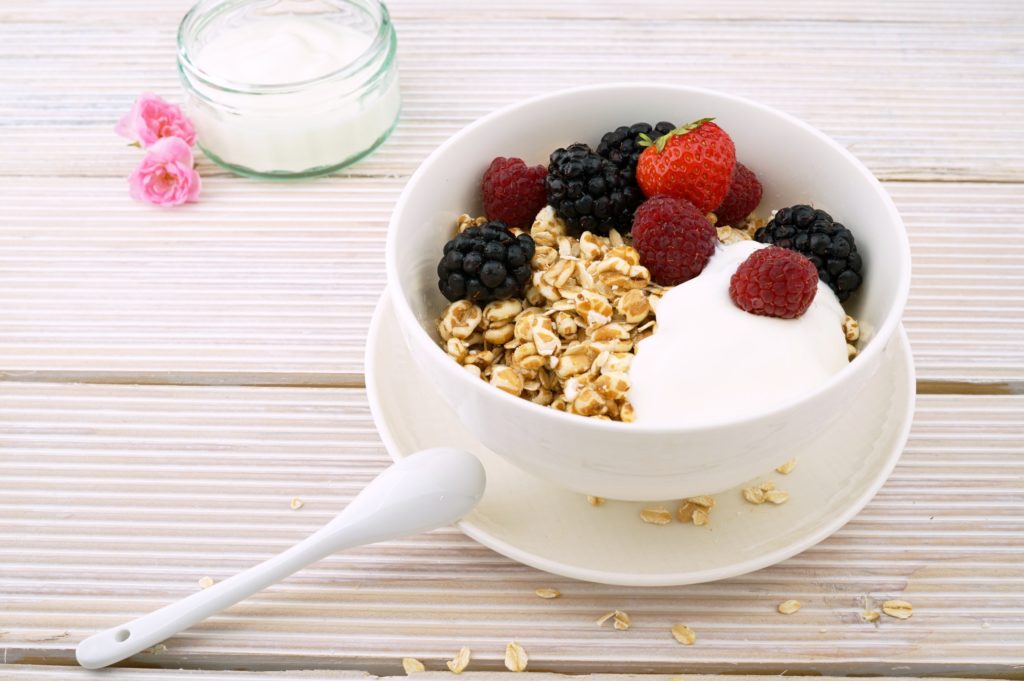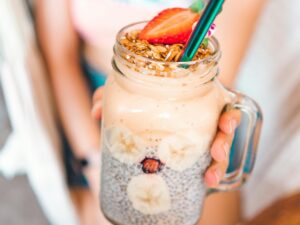Top 10 Worst and Best Probiotics for Gut Microbiome Health
The gut microbiome influences health, from skin health to muscle growth, and everything in between. In fact, a balanced gut can even impact your metabolism, immune system, and mental health. Probiotics are the best way to help balance the gut microbiome, but eating the right ones is very important.

There are products out there that are a waste of time, money, and nutrients, so keep reading to learn the best and worst probiotics for gut microbiome health today!
What are Probiotics
Probiotics are good bacteria that have many health benefits. The gut microbiota is composed of thousands of species of these good bacteria that need balance to function properly. When you eat probiotic-rich foods, your body can maintain a balanced gut microbiome, which is essential.
Probiotic Benefits
Probiotics can help balance the gut microbiome and as stated previously, a balanced gut is essential for health.
About 90% of serotonin, which is a mood-stabilizing chemical, is made in the gut. Furthermore, the gut houses much of your immune system response and can affect your metabolism, muscle development, and digestion.
By consuming probiotics, you can improve mental, emotional, and physical wellbeing.
The Worst Probiotics for Gut Health
Here are the 5 worst probiotics to take for health!
Probiotic Pills
There is no clear evidence suggesting that probiotic pills are effective in reaching the gut and balancing the microbiome. While some research suggests benefits, it may be best to avoid this product until more studies are conducted.
Plus, probiotics fall under the supplement category, meaning that they are not regulated by the FDA.
Baking Mixes with Probiotics
Some baking mixes for desserts state that they contain probiotics. The problem with these is that probiotics are killed at high temperatures. This product would not help balance the gut as all of the probiotics would have been killed off.
Probiotic Juice
Probiotic juice may contain some beneficial strains of bacteria, but the added coloring and sugar tend to not be worth it. Many fruit juices have more sugar added than soda, and have none of the fiber that regular whole fruit has.
Plus, many juices have preservatives, which can also kill off any probiotic strains in the drink before it reaches the gut.
Probiotic Granola
Just like the baking mixings with probiotics, many snacks and granola with added probiotics do not have benefits. During the baking process, much of the probiotics will be killed off and useless in improving health.
Yogurt
Most yogurts are pasteurized, which will also kill off any bacteria, the good and the bad. If you do reach for a yogurt, make sure it states live culture.
Even then, many yogurts have 2 or 3 strains of probiotic bacteria, and many of these bacteria are killed in the stomach acid.
The Best Probiotics for Gut Health
Here are the 5 best products to eat for probiotic benefits!
Kefir
Kefir is a fermented milk drink that is low in sugar and mostly lactose-free. It has a lot of calcium, pertain, vitamin B, and benefits. Kefir is one of the best products you can consume for gut health benefits. You can buy kefir at the store or make it at home with kefir starter grains.
Miso
Miso is a paste made from fermented soybeans. Other ingredients include rice, barley, salt, koji, and seaweed. Miso is another very healthy, beneficial fermented food full of healthy probiotics, as well as vitamin K, manganese, zinc, protein, and calcium.
Sauerkraut
Sauerkraut is the name given to fermented cabbage. It is high in fiber, low in sugar, and high in protein. Sauerkraut also has a lot of vitamin C, iron, vitamin B6, and calcium.
It is best to make this fermented food at home, as many store-bought sauerkrauts are pasteurized, a process that kills both good and bad bacteria. Usually, all you need to make it is sea salt, cabbage, and water. Learn how to ferment anything here for free!
Kimchi
Kimchi is another type of fermented food that consists of spices, napa cabbage, carrots, radishes, and salt. Many recipes include ginger, garlic, pepper, and green onion, all of which contribute to the vitamins and minerals in kimchi. Kimchi is high in fiber, vitamin C, vitamin A, calcium, and iron.
The fermentation process of kimchi is quick, at most 48 hrs, and it lasts in the fridge for a long time. This is another that can be bought in store or made at home.
Tempeh
Tempeh is a food made from fermented soybeans. It has a cake-like texture and is often used as a meat substitute. Tempeh is high in healthy fats, potassium, protein, vitamin B6, magnesium, iron, and calcium.
It is usually less processed than tofu and has many beneficial probiotics that increase overall wellbeing exponentially.
The Takeaway
Probiotics are essential to gut health. Take care of gut health by eating probiotics that help and avoiding the ones that have little to no impact. Try making sauerkraut at home and avoid fermented products that are pasteurized, since the pasteurization process kills off the beneficial bacteria.
Remember that health comes from within. Eat a well-balanced, nutritious diet to ensure the body can repair and reset, physically and mentally. Make sure to get enough sleep and move daily to ensure your overall wellness improves. What we eat and do become components of emotional, mental, and physical wellness.
Taking care of gut health is vital to overall wellbeing. Learn everything you need to know about gut microbiota today for free here!





